Car Diagnostic
Compare estimates from different mobile mechanics or car repair services in the BeeFixi app
How To Perform A Basic Car Diagnostic
Car diagnostic tests help mobile mechanics check if your car is running smoothly. While performing diagnostic tests, they analyze engine codes, engine performance, and sensor readings. They also check the functionality of the ignition system and the emission control system. If any abnormalities are detected, the mechanic starts repairing them immediately to ensure proper engine performance.
While car diagnostic tests are vital for ensuring safety on the road, it is always a good idea to understand what parts of your car are tested during a diagnostic test and how long it takes to complete the test.
You can find a certified mobile mechanic near you in the BeeFixi application. The app is available in App Store and Play Market.
Car Diagnostic Test Overview
If you own a car, there’s a good chance the onboard diagnostic system (OBD) is already familiar to you. This vital component of your car’s engine controls has been developed to make diagnosing and repairing car problems easier for mobile mechanics. The OBD system uses codes to communicate with the engine and check its status, and it can also check other parts of the car for issues.
The codes produced by a scanner can provide valuable insight into the health of your car’s engine, such as whether it needs service or oil changes. While using a scanner to diagnose your car’s problems can be more time-consuming than using a multimeter, it can provide valuable information that can help you troubleshoot and repair your vehicle quickly and correctly.
You should familiarize yourself with the function of your car’s OBD system so you can use it to its fullest potential. Doing so will help you detect any issues with your engine before they develop into major problems.
What Parts of a Car Are Tested?
Before performing a basic car diagnostic check, it’s vital for you to check the engine control module for any diagnostic trouble codes. These codes are helpful in identifying any issues with the engine, such as a code for ‘engine detection error’ or ‘bank 1 misfire’.
You should also perform visual inspections for signs of damage or wear and tear on the engine and other parts of the car. This includes checking the spark plugs and fuel injection system to ensure they are properly working. You should also check the catalytic converter, oxygen sensors, and exhaust system to ensure they aren’t damaged.
How Often Are Car Diagnostic Tests Needed?
Most vehicles today require periodic diagnostic tests for optimal performance. The most common diagnostic tests include checking engine oil levels and spark plugs, servicing the engine, checking the air conditioner, checking the battery, and checking the check engine light. These tests are important for keeping your vehicle running smoothly and safely. Also check your car’s owner manual for specific information on when a diagnostic test is needed.
You can do basic diagnostics at home using an onboard computer system. This includes scanning for errors and performing basic functions like viewing fuel consumption and monitoring engine speed, oil pressure, and more. But you should consult a professional mechanic if you’re having trouble with your vehicle’s performance or don’t understand how to perform certain diagnostic tests.
How Long Does It Take to Do a Car Diagnostic Test?
Before you can perform a car diagnostic test, you need to understand the basics of a car diagnostic test. A car diagnostic test is used to check and repair your vehicle’s computer system and check for any issues with its engine, drivetrain, electrical system, and more.
A car diagnostic test typically involves connecting your car to the diagnostic machine and running various tests to check the health of your vehicle. Each type of diagnostic test requires different steps, so it’s important to follow each specific process carefully and accurately.
After completing the diagnostic test, you should interpret the results and diagnose any issues with your car. By following the process outlined above, you can successfully perform a car diagnostic test and help your vehicle run smoothly and efficiently.
How Much Does It Cost?
A basic car diagnostic can cost anywhere from $200 to $500, depending on the work required.
Generally, a basic car diagnostic involves checking the engine’s oil, oil filter, spark plugs, and other vital components. Due to the wide variety of equipment and software used in modern diagnostics, a basic checkup can take around two hours. The cost of a diagnostic also varies depending on factors such as the make and model of the vehicle being checked, the level of attention required by the technician during the checkup, and whether any repairs are required.
<EOS>If you want to perform a more thorough checkup for your car, it’s recommended that you consult an auto mechanic for an accurate estimate of the repairs’ cost. This will ensure that you don’t end up paying for something that is not necessary or for which you do not have enough money.
Benefits of Car Diagnostic Tests
Car diagnostic tests can help identify problems with the engine and other systems, reduce the risk of unexpected breakdowns, and ensure optimal performance and fuel efficiency. The tests can potentially save you money by indicating if an engine needs to be replaced or if a malfunction is causing a loss of performance or fuel efficiency. They can also help you keep your car running smoothly by identifying potential issues with the components and systems as they age. In addition, regular diagnostic tests can help you maintain the state of your vehicle’s components and systems, which can improve the longevity of your car. Therefore, it is important for car owners to perform diagnostic tests on their vehicles regularly for optimal performance and fuel efficiency.
Summary
A car’s diagnostic system is a vital tool for troubleshooting car issues. This system can be used to check engine performance, check for fuel problems, check for trouble codes, and more. A basic diagnostic check includes checking engine and exhaust sounds, checking oil level, checking the battery’s charge, and checking the fluid levels in various vehicle systems. Before performing a diagnostic test on your vehicle, it’s important to understand how it works and what types of tests are available. The more you know about diagnosing car issues, the easier it will be to troubleshoot problems and repair your vehicle.
Frequently Asked Questions
What tools and equipment do I need to perform a basic car diagnostic?
If you want to perform a basic car diagnostic, then you’ll need the following tools and equipment:
– A code scanner/reader: This tool will help you to diagnose engine trouble codes and check for any problems with the car’s computer system.
– Digital multimeter: This will allow you to measure electrical current in the car’s circuits and check for any shorts or other issues.
– Battery tester: This is necessary to check for any battery problems such as corrosion, low voltage, or charging issues.
– Pressure gauge: This tool will help you measure the pressure of different fluids in the vehicle such as engine oil, coolant, transmission fluid etc.
– Spark plug tester: This tool allows you to test spark plugs so that you can identify problems with ignition timing and exhaust gas recirculation (EGR) systems.
– OBD scanner/reader: This is one of the most important tools when it comes to diagnostics because it helps you see diagnostic trouble codes related to emissions systems, engine performance, and other areas.
– Vacuum pump: This tool is essential for testing vacuum hoses and checking for air leaks in the engine.
By having these basic tools and equipment handy, you can perform a basic car. However, you can also request to come mobile mechanic via the BeeFixi application.
What are the common symptoms of a car malfunction?
Common symptoms of car malfunction include engine trouble, stalling, jerking, difficulty starting the engine, check engine light activation, loud/strange noises from the engine, decrease in fuel economy, strange smells or smoke coming from the engine and visible engine parts breaking down. If you experience any of these signs, it is important to take your car to a mechanic for further inspection. Additionally, ensure that you stay up-to-date with regular service check-ups and oil changes as they can help to identify car problems before they become more serious.
How can I check for common engine issues?
If you think your car engine may be having problems, there are a few things you can check at home to help identify the issue.
First, check the oil level and see if it needs to be refilled. Low oil can cause engine problems such as increased friction among engine components and decreased lubrication which can ultimately lead to engine failure.
Next, inspect the spark plugs for signs of wear and tear. In addition, look for fluid leaks around the engine bay and check the coolant levels. Make sure both are filled and functioning properly.
You can also use a code reader to check for diagnostic trouble codes (DTCs). These codes will provide insight into what might be wrong with the engine. Finally, listen for strange noises coming from the engine while it is running. If you hear any strange sounds, bring your car in for repair right away!
What are some potential causes of a car malfunction?
There are numerous potential causes of a car malfunction, including a faulty sensor, low fluid levels, worn spark plugs, a clogged fuel filter or a faulty electrical system.
An engine misfire can also be one of the causes of a car malfunction and is usually caused by an air or fuel mixture problem.
Additionally, a car may malfunction due to a dirty or clogged air filter, bad battery, broken timing belt or a leaking radiator. Moreover, issues with the transmission, brakes and other parts of the car can also lead to malfunctions in cars.
Popular Services near you
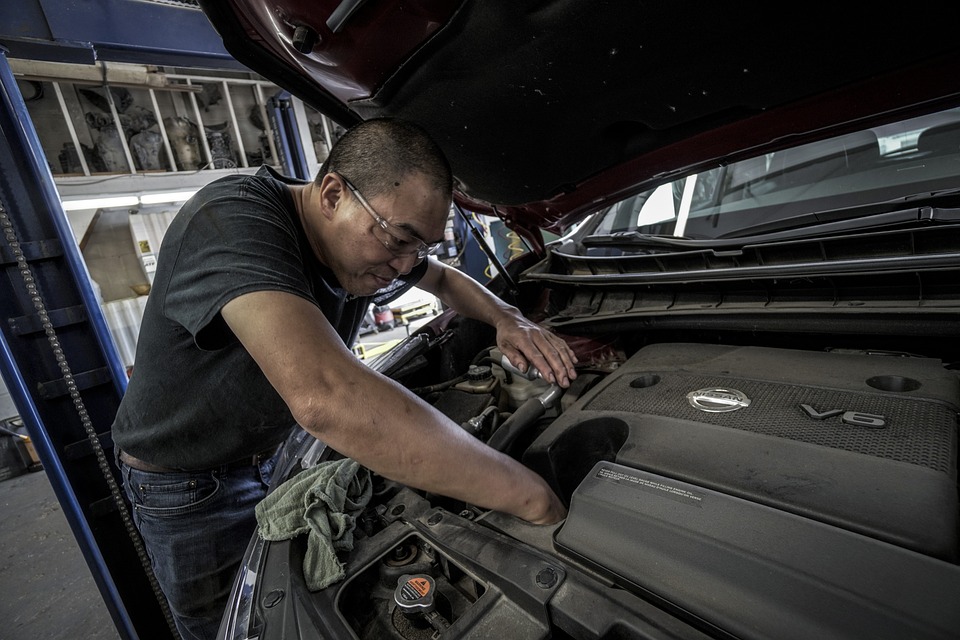
Oil change
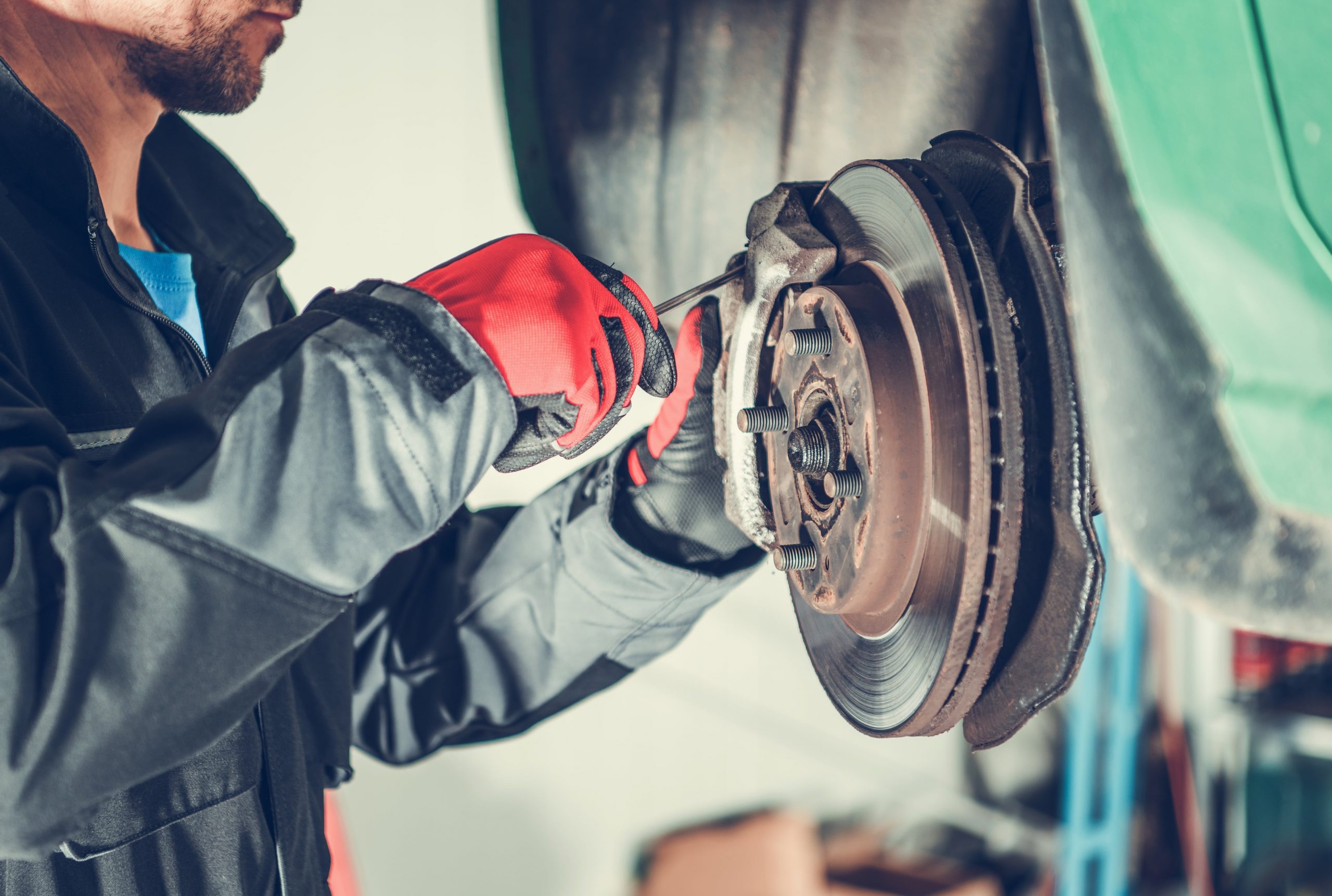
Brake pad replacement
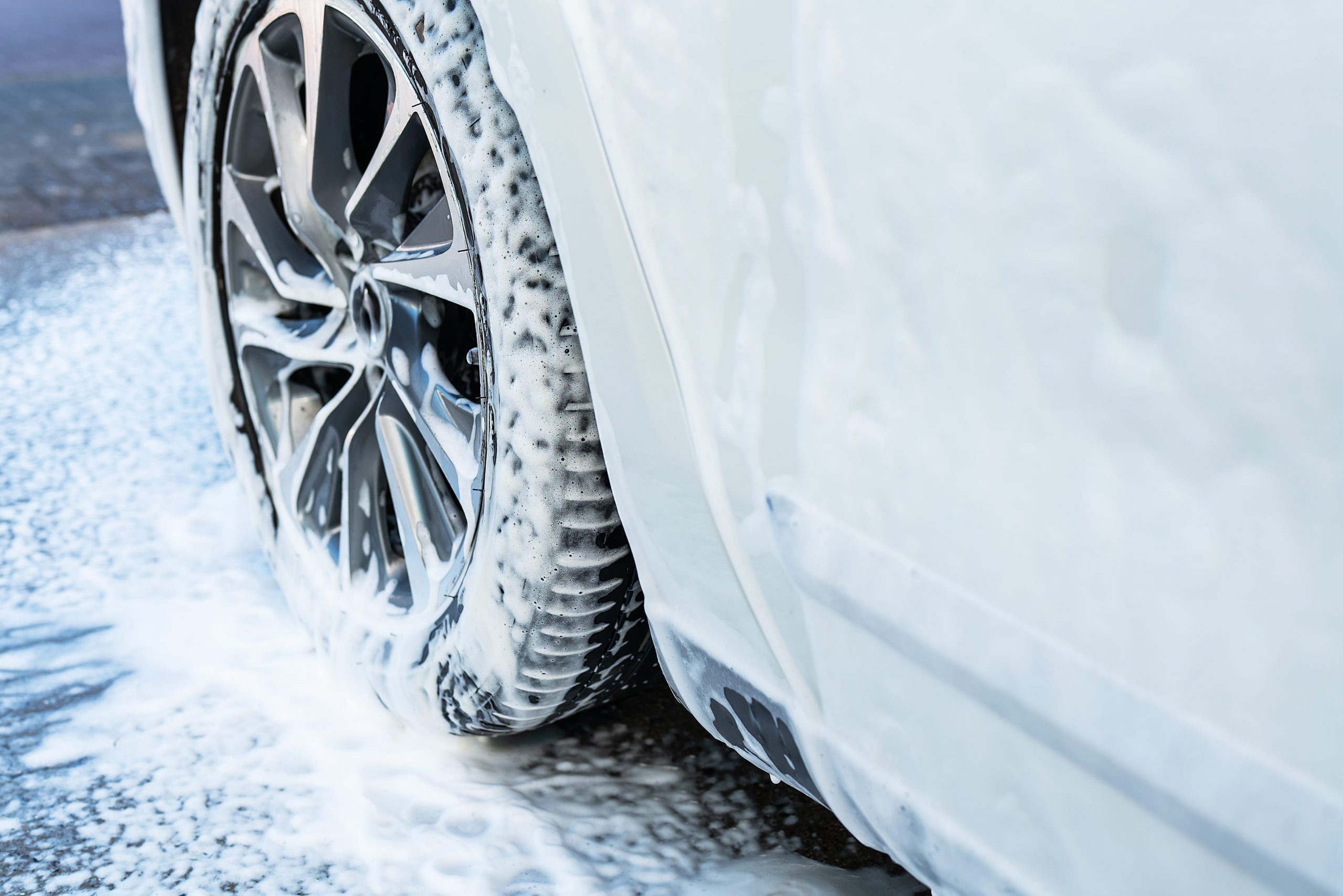
Mobile car wash
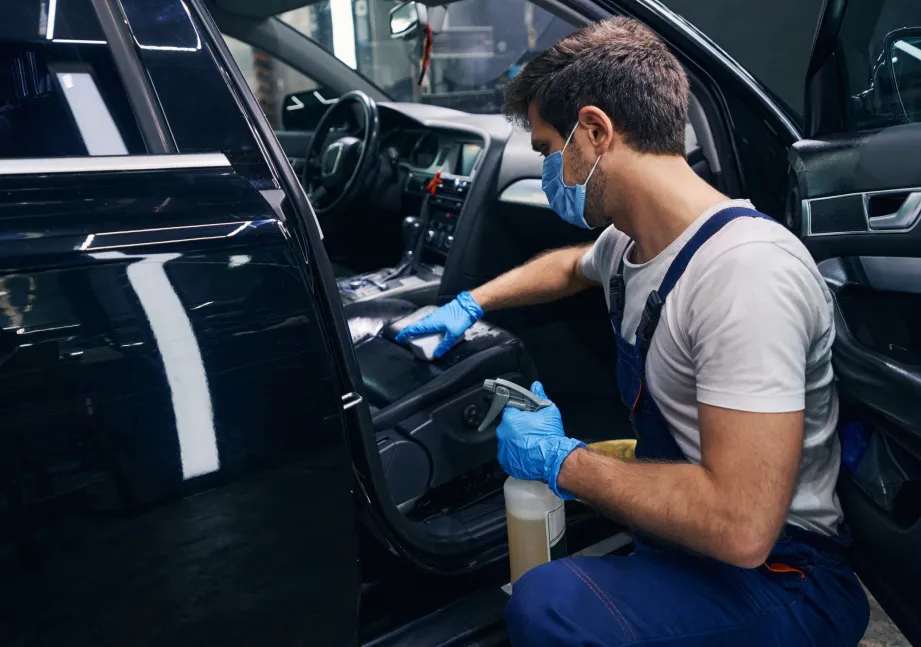
Mobile detailing
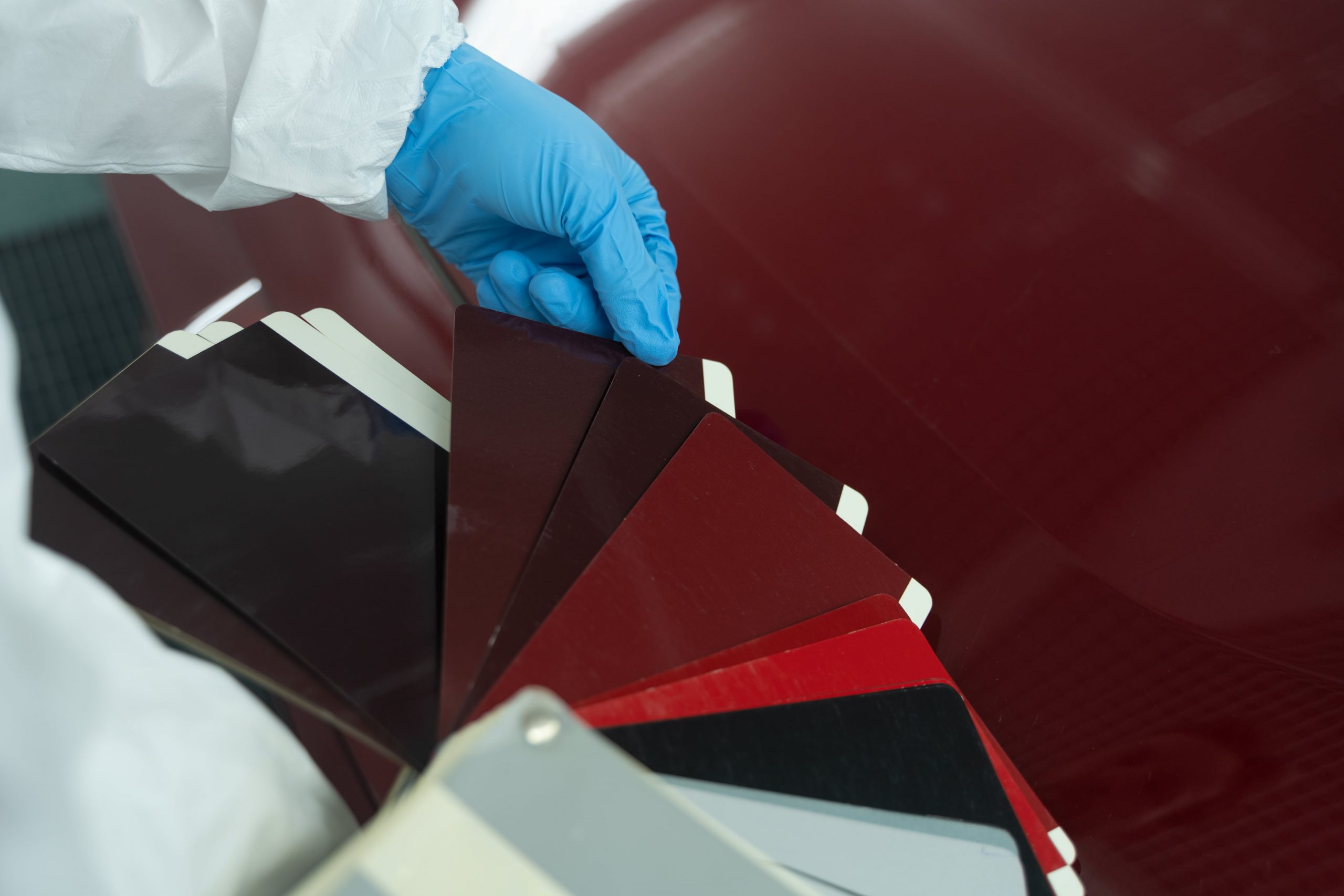
Mobile body shop
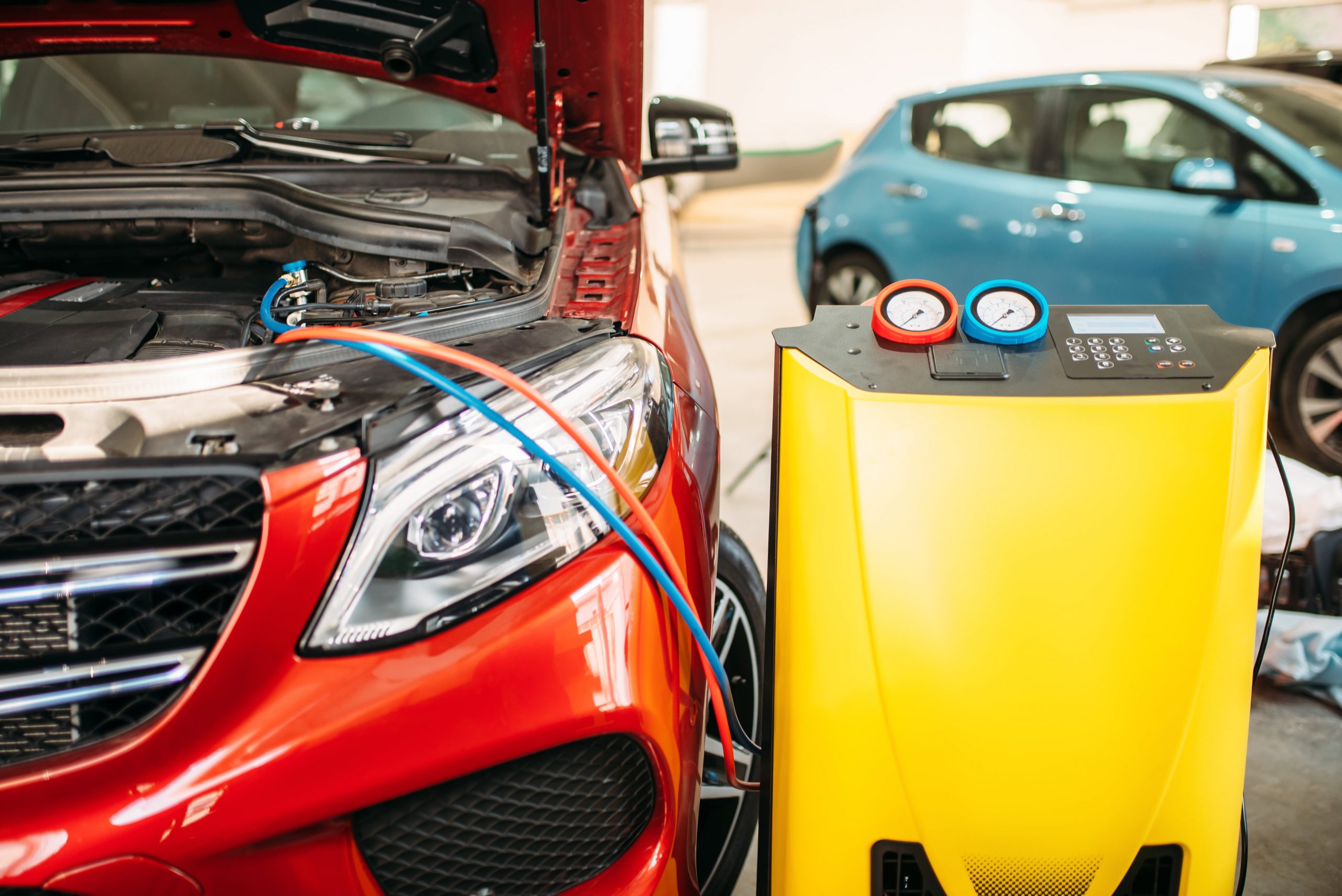
Diagnostics

Pre-purchase inspection

Mobile tire change

Mobile glass replacement

Mobile Locksmith

Roadside Assistance

Towing

Auto repair and maintenance at your fingertips
Download BeeFixi app
Choose and book a seamless car service experience and get up to $10 off with the BeeFixi App of your next order.

